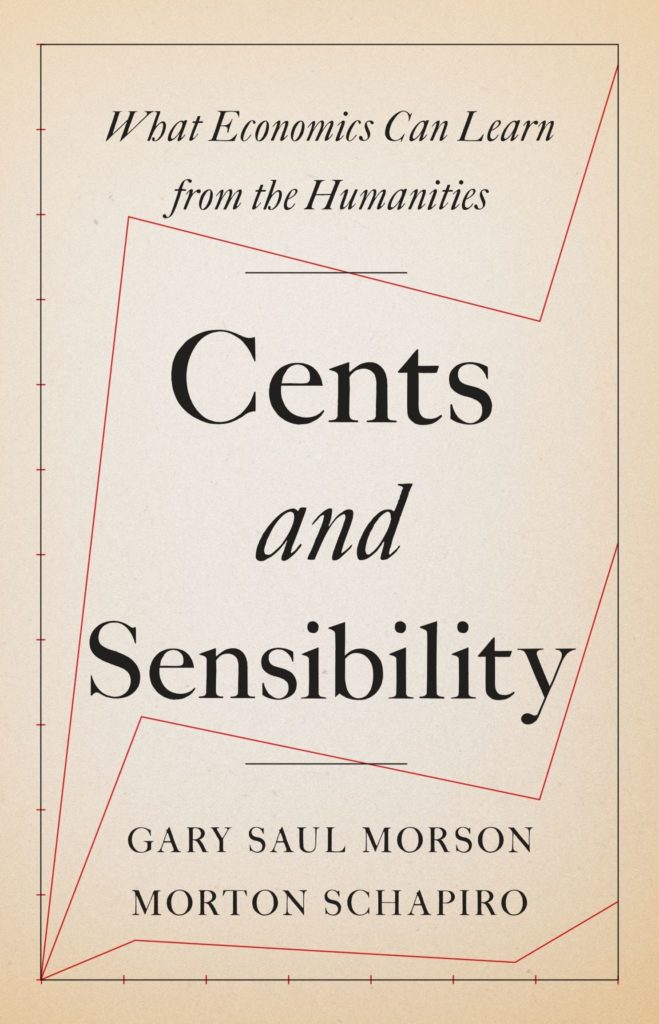Professor Jon Wisman notes that “critics from outside the discipline, and from inside (generally heterodox economists such as institutionalists, Marxists, and most recently behavioral economists) have insisted that the mainstream conception of human behavior is not only scientifically inadequate, but socially perverse” in response to the new book by Gary Saul Morson and Morton Schapiro: Cents and Sensibility.
“In its early years as a developing social science, economics (called political economy at the time) embraced Jeremy Bentham’s utilitarianism to define its theoretical understanding of human behavior. For Thomas Carlyle, this meant that at its core, economics was ‘pig philosophy.’ Social critic John Ruskin was of the same mind, and directly called economics ‘pig philosophy.’ Undeterred, mainstream economics continued to refine, or perhaps better said, reduce, its conception of human behavior to the fundamental position of utilitarianism until today it could be expressed as ‘humans are calculatingly rational self-interested actors.’ Although it’s no longer emphasized, presumably they do so to maximize pleasure and minimize pain, just as Bentham claimed.
However, ever since Carlyle and Ruskin, critics from outside the discipline, and from inside (generally heterodox economists such as institutionalists, Marxists, and most recently behavioral economists) have insisted that the mainstream conception of human behavior is not only scientifically inadequate, but socially perverse insofar as it instructs folks as to how they should behave (studies have found students of economics less generous than students generally). And now, hot off the press is another broadside against our discipline’s understanding of human behavior. It’s Cents and Sensibility by Gary Saul Morson and Morton Schapiro (Princeton University Press/Princeton University Press). Morson teaches language and literature and Schapiro is an economist. Their book probably won’t change the minds of many mainstream economists any more than did the countless earlier works attempting the same thing, but it’ll provide lots of fresh fuel for their critics.”
View more thoughts on Cents and Sensibility in “Why economists need Tolstoy.”